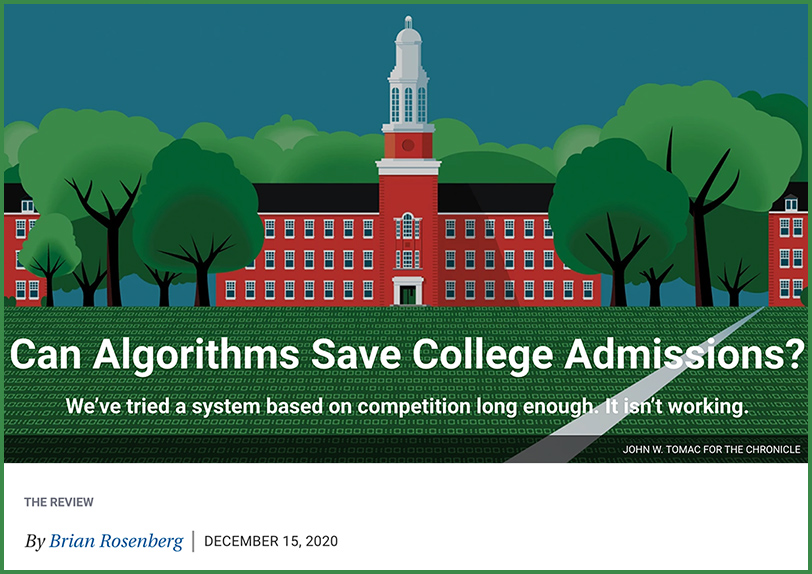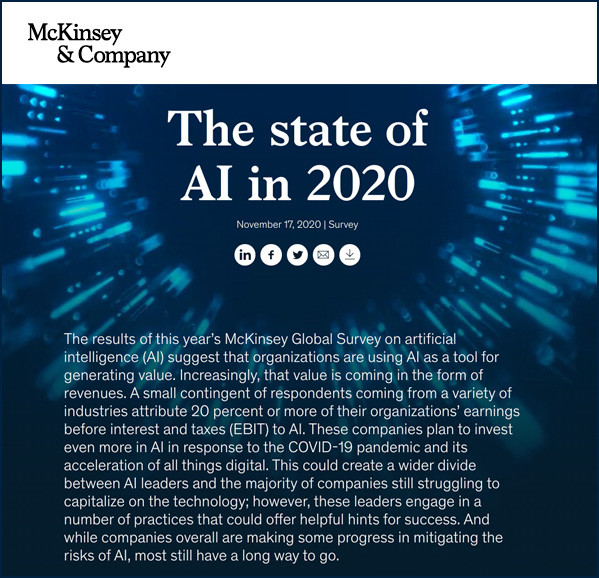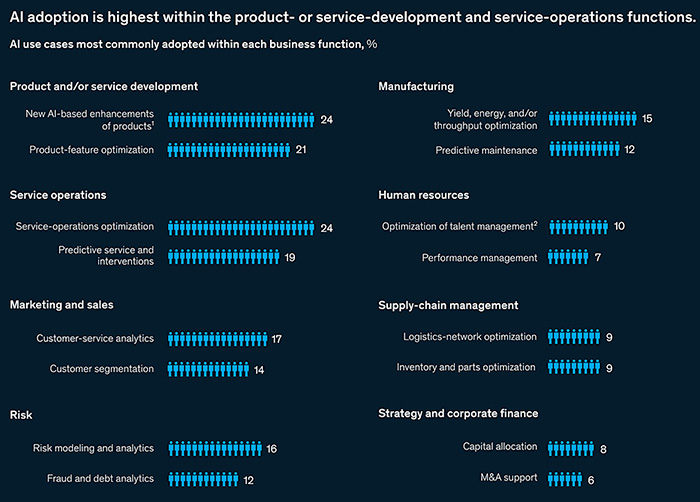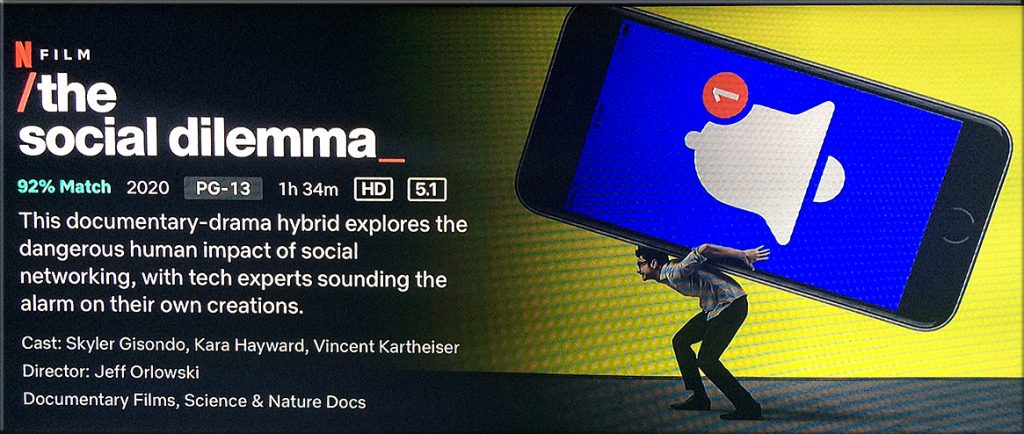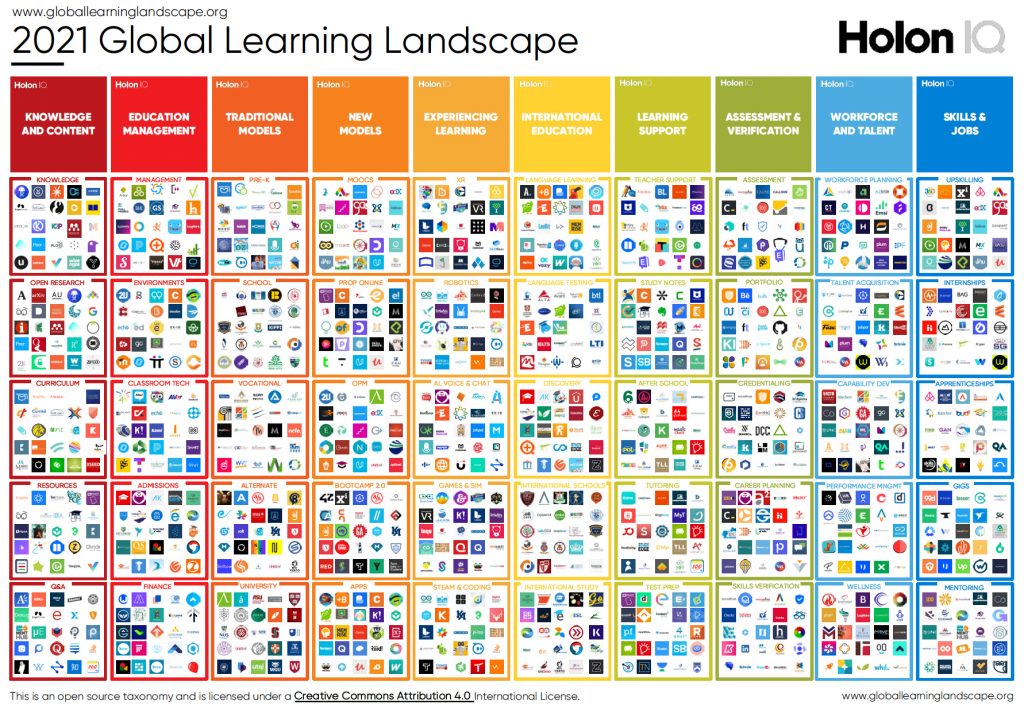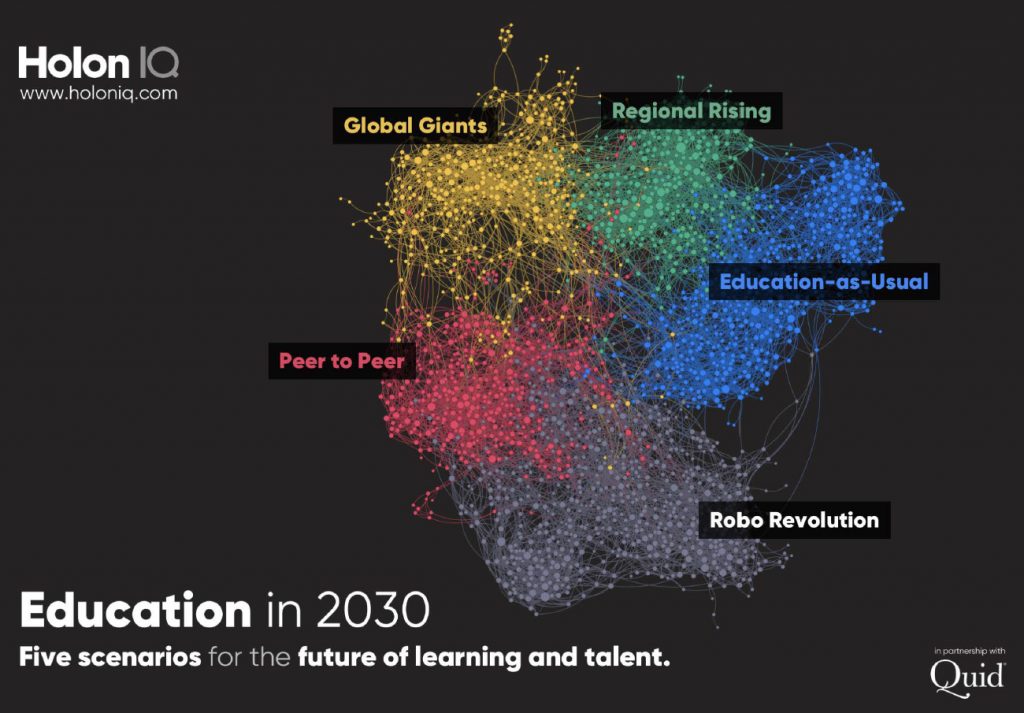Artificial intelligence will go mainstream in 2021 — from manilatimes.net by Noemi Lardizabal-Dado; with thanks to Matthew Lamons for this resource
Excerpt:
In his December 21 Forbes website article, titled “Why Covid Will Make AI Go Mainstream In 2021,” data scientist Ganes Kesari predicts AI will transform 2021 by accelerating pharmaceutical drug discovery beyond Covid-19. He says the face of telecommuting would change, and that AI would transform edge computing and make devices around us truly intelligent.
Artificial Intelligence in 2021: Endless Opportunities and Growth — from analyticsinsight.net by Priya Dialani; with thanks to Matthew Lamons for this resource
Excerpts:
In 2021, the grittiest of organizations will push AI to new boondocks, for example, holographic meetings for telecommunication and on-demand, personalised manufacturing. They will gamify vital planning, incorporate simulations in the meeting room and move into intelligent edge experiences.
According to Rohan Amin, the Chief Information Officer at Chase, “In 2021, we will see more refined uses of machine learning and artificial intelligence across industries, including financial services. There will be more noteworthy incorporation of AI/ML models and abilities into numerous business operations and processes to drive improved insights and better serve clients.”
From DSC:
I’m a bit more cautious when facing the growth of AI in our world, in our lives, in our society. I see some very positive applications (such as in healthcare and in education), but I’m also concerned about techs involved with facial recognition and other uses of AI that could easily become much more negative and harmful to us in the future.









